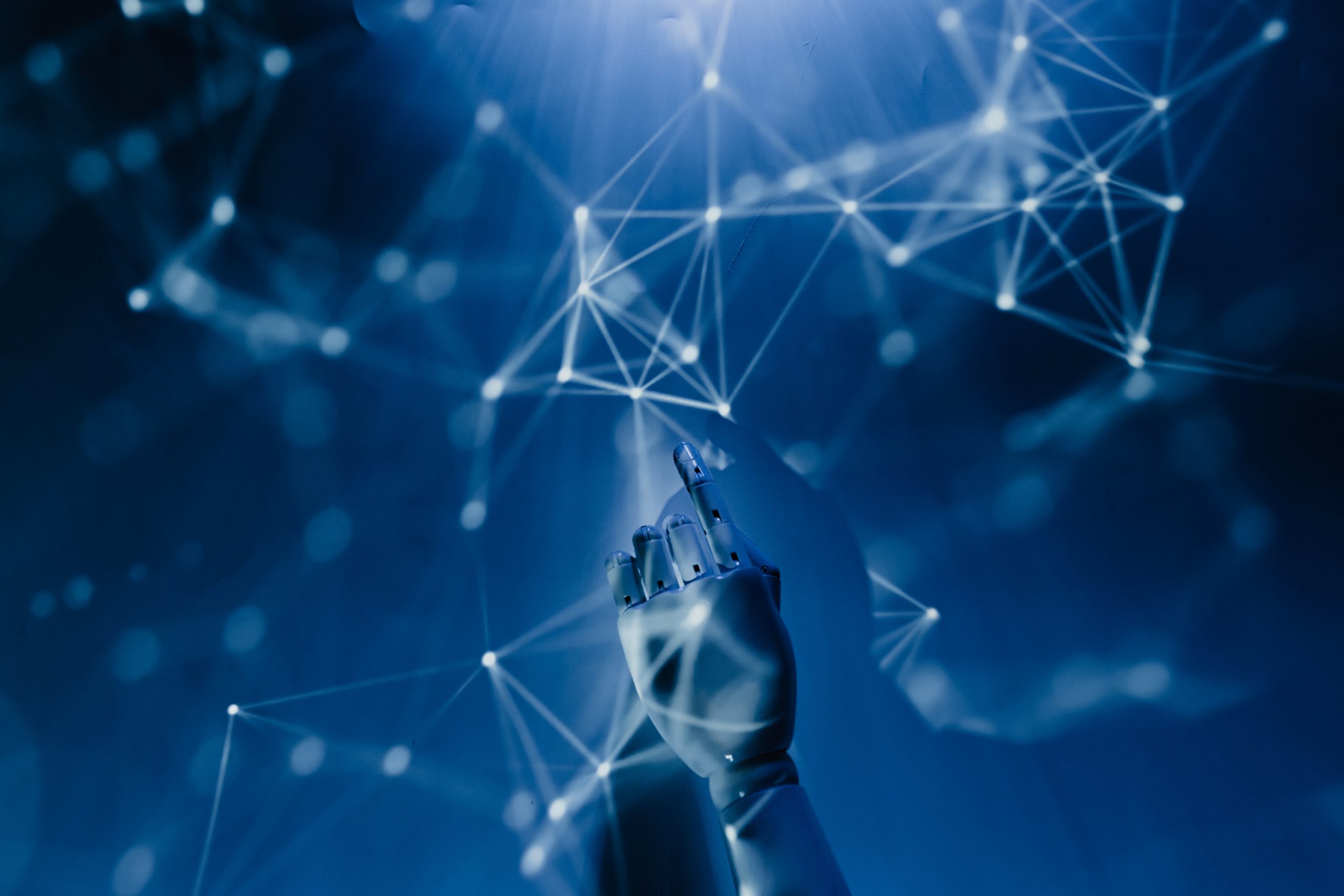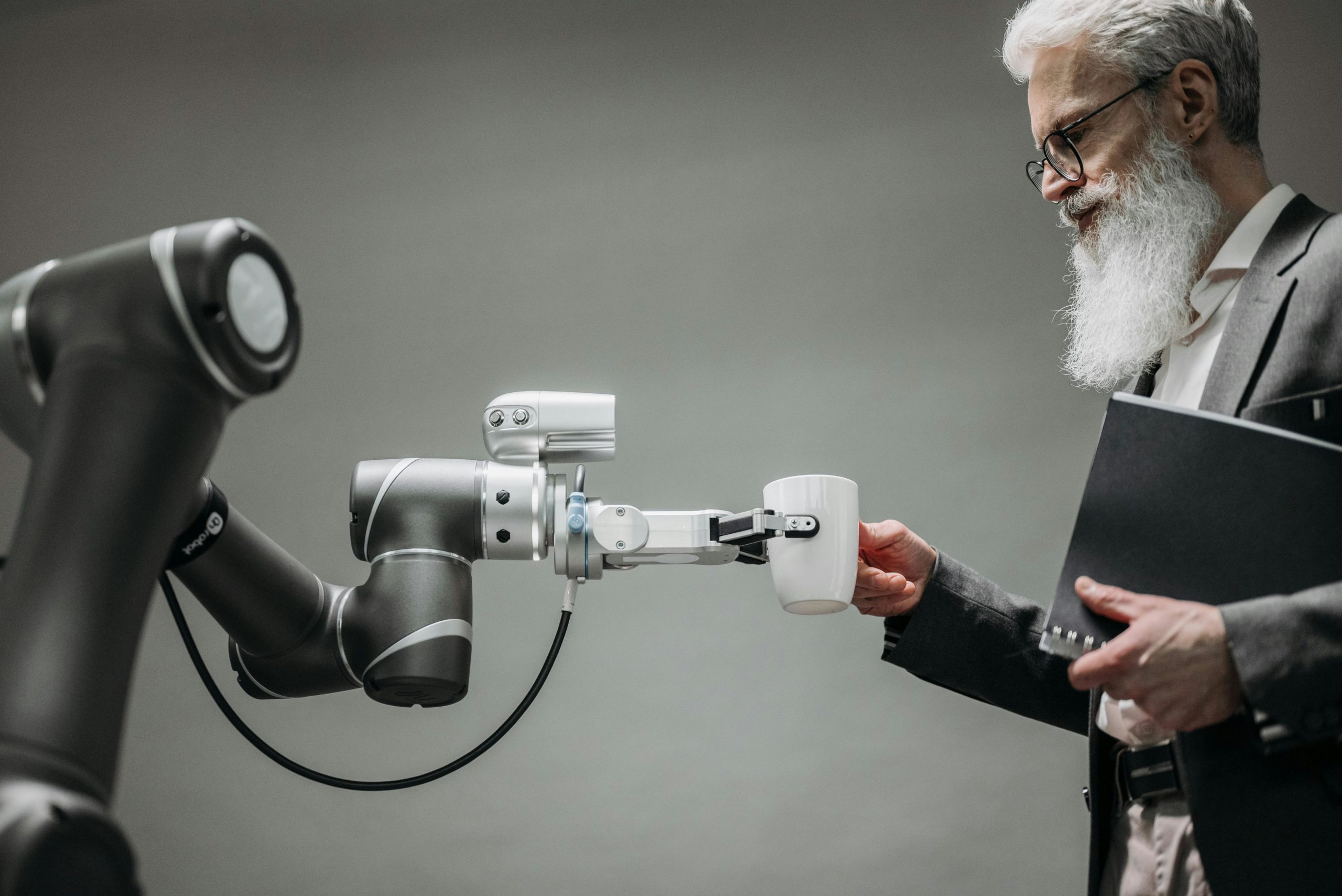
Gen AI Prompt Assistance Experience Design Guide
Generative Artificial Intelligence (Gen AI) refers to a class of artificial intelligence that leverages deep neural networks to generate content autonomously. AI prompts refer to the intelligent cues or suggestions provided by machine learning algorithms to guide users through a specific process or help them make informed decisions. AI prompts can go beyond reactive suggestions









